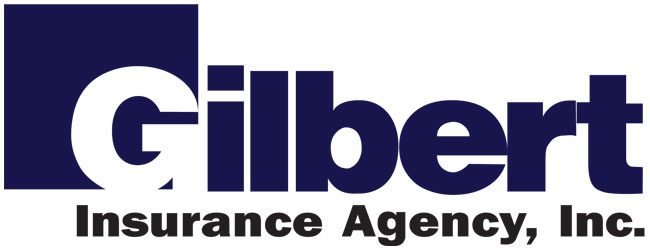
5 Things To Think About Before Buying Your First Condo
You’ve been scrimping and saving and now you’re finally ready to dive into the real estate market — congratulations! Buying a condo is different than buying any other type of property and there is a lot to consider before committing. Here at Gilbert, we understand how stressful the process can be, which is why we’ve set out a few tips to help you ensure that your big purchase is perfect for you and your family!
Assess Your Finances
Before you begin your condo search, make sure to assess your finances and create a budget. Determine how much you can afford to put down for a down payment while also considering monthly expenses like your mortgage, bills, and condo homeowner association fees. Don’t forget to account for closing costs like attorney fees, property appraisals, and title insurance.
Purchasing a condo can be more challenging than buying a single family home because of certain loan limitations. If a lender is willing to provide a loan, be prepared to face a higher interest rate and to put down a minimum of 20% of the purchase price. Hoping for less stringent loan qualification requirements, lower interest rates, or to put down a smaller down payment through a Federal Housing Administration (FHA) loan? Know that not all condos will allow for these; check here to find condo communities that do.
Condominium Homeowners Association Rules
Condo communities are run by an association of residents who generally share a significant amount of commonly owned property, such as outdoor areas, hallways, or staircases depending on the layout of the condominium. They ensure that both the structure and grounds of the condominium are well maintained and work out any disputes among residents. Once you find a condo that you’re interested in, you should do your research on the association to learn about their members as well as their rules and regulations.
Depending on the condo association, there will be certain rules that homeowners must follow. A common regulation, for example, has to do with changes made to the exterior of a unit. There may be rules restricting any changes that could have a structural or aesthetic impact on the property as a whole, like any alterations to a shared exterior space or even holiday decorations. The association may also have regulations about renting or subleasing units or may have “no pets” policies. These are all things to figure out before you sign any contracts.
Homeowners Association Fees and Reserves
Condominium owners also have to pay regular homeowner association fees. This money goes to covering common maintenance expenses like lawn care, water or sewer services, snow removal, or trash pickup. These fees will also pay for a master insurance policy for the property. This policy provides property coverage for common areas as well as liability protection in case someone is injured in one of these common spaces. Again, each condo association will use fees differently, so make sure you are clear on what the fees do and do not cover.
Condo associations should also have a reserve of money saved for necessary repairs. If you are interested in a property, ask to see information about their reserves to make sure they have enough money to cover any potential issues that may arise. You should also be clear on your personal responsibility when it comes to major repairs.
Condo Maintenance
One of the perks of owning a condo is that the condo association will generally take care of common area maintenance. Before buying a condo, you should do a few things to make sure that you fully understand how the association will handle maintenance. First, ask exactly what will be maintained. Are decks or patios covered? What about windows or roofs? If these items seem like they may need to be repaired or replaced soon, you should definitely know if you will be responsible for this cost before committing to buy the property.
Many condo associations will have a management company that takes care of routine maintenance. If possible, research this company to see if they are reliable. Also consider the fact that your idea of regular maintenance may not be the same as the associations’. If this is something that could potentially bother you, make sure to ask specific questions about how often the property is maintained.
Insurance:
As we said before, homeowner fees generally go towards paying for a master insurance policy for the condominium. This, however, does not mean that condo owners do not need their own insurance to protect their individual unit and belongings. Condo owners should purchase a unit owners policy, also known as an H06 policy. This is very similar to a typical homeowners policy in that it covers personal property, liability, and special items like jewelry.
When deciding on an insurance policy, condo owners should consult their insurance agent and have them review the condo association trust agreement, which will dictate what property the master insurance policy covers. This will help you and your agent determine exactly what coverages you need, such as the addition of Unit Owners Building Items Coverage. Condo owners should also consider adding a personal umbrella policy for an additional layer of liability protection and “Loss Assessment” coverage to provide extra protection in case the condo master policy is insufficient to cover expenses incurring from a covered claim to the property.
Have more questions? Feel free to get in touch! At Gilbert, we specialize in condo insurance and are here to answer any questions you may have. Visit our website at gilbertinsurance.com or give us a call at (781) 942-2225 to learn more.
